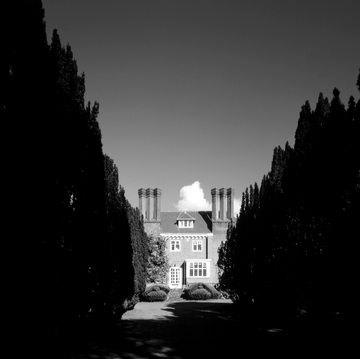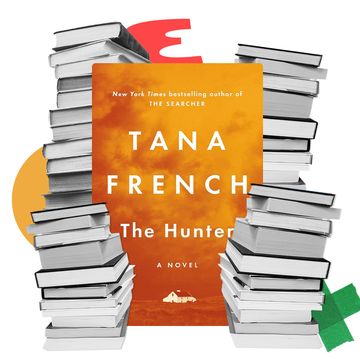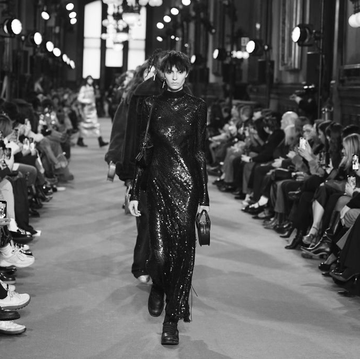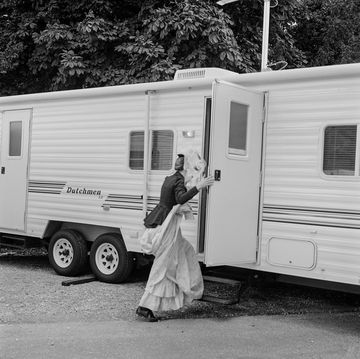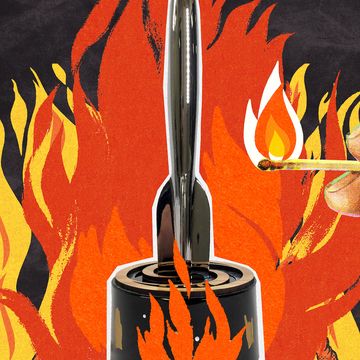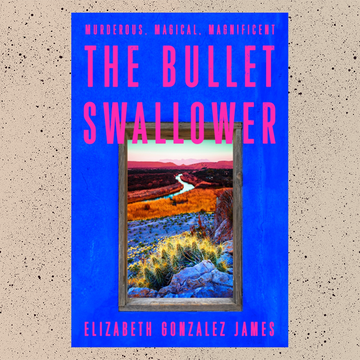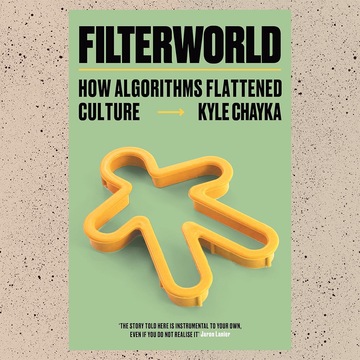
A Gentleman's Guide To Dirty Books
Thinking man's muck
Reader, I have lived too long and had far too many wicked thoughts in my time to come over all prudish now. And yet, still, I find myself a bit stunned by all the sadomasochistic pornography you see around these days. For me, as for anyone who travels daily on crowded public transport, it's a common occurrence to be forced up close to some woman deeply absorbed in her Kindle, and to see over her shoulder — helplessly — that what she's enjoying is one of the Fifty Shades trilogy. Indeed, I've seen enough now to get the gist of the thing: "... he suddenly flicks the crop, and it hits me underneath my behind... My nipples harden and elongate from the assault, and I moan loudly, pulling on my leather cuffs… 'I want you sore, baby… Every time you move tomorrow, I want you to be reminded that I've been here…'"
And so on. These Grey fans, always female, always seem very comfortable with their reading pleasure. So surely I ought to be, too. As the perfectly healthy Jessica Ennis-Hill remarked at the time of Grey's breakthrough success, "All my friends and literally everyone I speak to is reading it!" Its cult goes marching on and the movie sequel Fifty Shades Darker is on offer as a date-night treat — or a solitary pleasure, if you wish — from Valentine's Day.
As a novelist, I have to believe it's a good thing when people read for fun. In this case, a popular book has alerted us that plenty of people are relaxed about grown-up, consensual, sadomasochistic activity. It's reminded us, too, of a female appetite for strong sexual fantasy, precisely described. As the child of an era when "dirty books" seemed a male preserve, maybe I ought to regard this as a gain for civilisation.
I'm not alone in finding EL James's prose to be of less than the highest calibre. I've even heard myself arguing that its fans ought to want a fancier, "classic" kind of erotic read. ("Why aren't they buying Anaïs Nin's Delta of Venus? Elizabeth McNeill's Nine and a Half Weeks?") I realise, though, that it's a fool's errand to go mansplaining the art of mucky books to a global female readership. The real interest, maybe, is looking at the ways men and women do it differently.
Frenchwoman Anaïs Nin began composing erotica in the Forties just for a bit of spare cash. But Nin came to see that in a male-dominated field she could innovate, "using a woman's language, seeing sexual experience from a woman's point of view." Nin's sexual stories are tooled not just to work readers into a lather but to make them feel the fast-changing currents of that excitement. Gratification is elegantly delayed: it doesn't come too quick. And maybe that tells us something about gender-differing experiences of sex and fantasy. The woman's way seems to have more finesse, fluency, hidden nooks and folds.
Conversely there's a sense that blokes prefer their filth served up straight-no-chaser: knocked out by men for men with similarly short attention spans, focused on stand-out female attributes of which males seem never to weary. (As the narrator of Kingsley Amis's That Uncertain Feeling ponders, "Why did I like women's breasts so much? I was clear why I liked them, thanks, but why did I like them so much?")
Nowadays, the internet offers an unexpurgated visual history of human sexuality to any schoolboy who can get past his parents' inadequate blocking procedures. In my day, though, lads seeking an adult suggestion of how to "do" sex still depended to a big extent on certain well-thumbed bits of bestselling paperbacks. To wit: the wedding scene in Mario Puzo's The Godfather, where Sonny Corleone's "blood-gorged pole of muscle" is gratefully received into the "wet, turgid flesh" of bridesmaid Lucy Mancini. In point of elegance, this seems to me far short of what Anaïs Nin called "the joyous, joyous, joyous impaling of woman on man's sensual mast."
So, yes, male writers have done it badly at times; but so, cf Fifty Shades, have women. And writing about sex is hard, since the joy of the act, as noted by John Cleland's Fanny Hill (whom we will meet shortly), "is poetry itself". I believe it's worth standing up for good, sexually explicit literature, and remembering, too, that writers have been sexual adventurers as well as self-abuse merchants: going boldly to combat prudery, ignorance and repression, at the risk of infamy and censorship. There is an elite corps of male writers who have distinguished themselves, and in their honour I offer the following selection of 10 great X-rated novels; a private library, or top shelf, if you must. Within these collective pages you will find true carnal knowledge and a reminder, per Woody Allen, that the deed is only dirty if you're doing it right.
Watch Next


Tabitha Lasley: What It Felt Like for a Girl

How to Read the 'Ripley' Novel Series in Order

How to Read the '3 Body Problem' Novels in Order
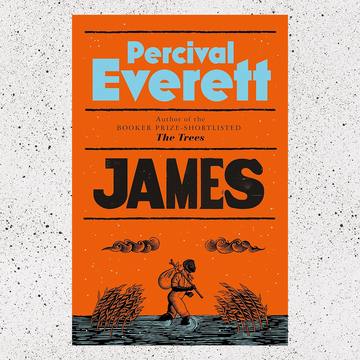
Percival Everett's New Novel Is a Modern Classic


